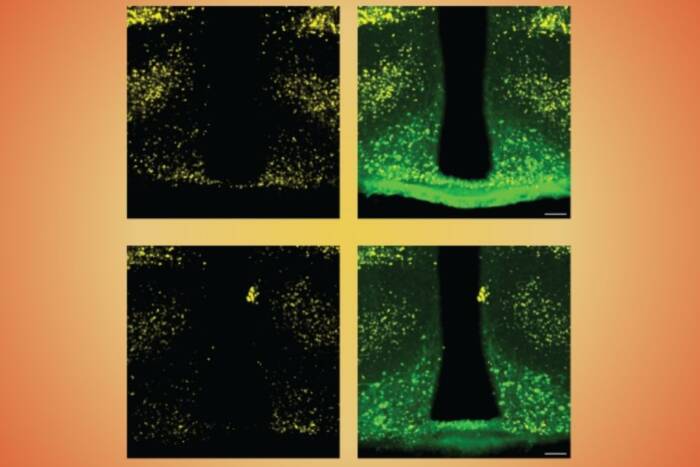American Chemical Society to recognize breakthrough 1963 chemistry discovery
A discovery by a Rockefeller University chemist that enabled the rapid synthesis of peptides and proteins — and garnered a Nobel Prize in 1984 — will be honored Monday by the American Chemical Society. The presentation of the Citation for Chemical Breakthroughs will be part of a daylong scientific symposium remembering the life and achievements of Bruce Merrifield. Merrifield died in May 2006 at the age of 84.
In 1963, Merrifield was the sole author of a paper in the Journal of the American Chemical Society, describing a new method for the chemical synthesis of peptides, biological molecules comprised of short stretches of amino acids. Merrifield’s method of attaching the first amino acid in a peptide chain to an insoluble plastic bead, thereby pinning it down and allowing for the addition of further amino acids, increased the chemical reaction efficiency of the process to 99.5 percent, accomplishing what previously took years to complete in a matter of days. Merrifield’s paper went on to become one of the five most cited papers in the journal’s history.
Merrifield’s method greatly stimulated progress in biochemistry, pharmacology and medicine, making possible the systematic exploration of the structural basis of the activity of enzymes, hormones and antibodies. The American Chemical Society is honoring the university for Merrifield’s achievement as part of its Citations for Chemical Breakthroughs award program, which honors 10 institutions this year for breakthrough publications and patents worldwide in the field of science embraced by the ACS. According to the society, the term “breakthrough” refers to advances in chemistry that have been revolutionary in concept, broad in scope and long-term in impact.


